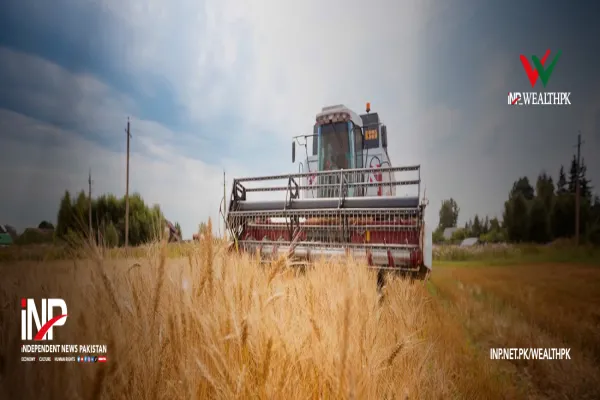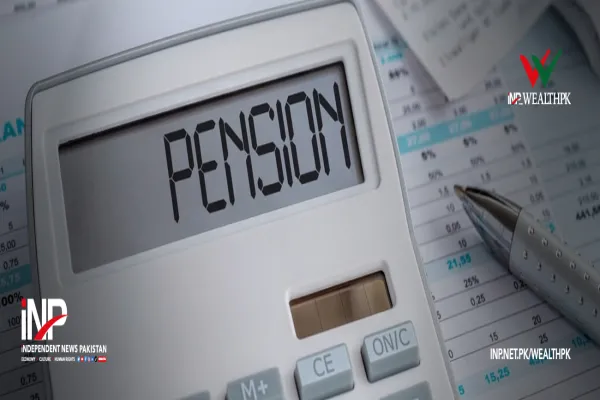i INP-WEALTHPK
Moaaz Manzoor
Amid rising fiscal concerns, mounting pension liabilities, and chronic underperformance of state-owned enterprises (SOEs), Pakistan’s fiscal stability is at stake. While public attention remains focused on inflation, taxation, and external financing, these internal liabilities are quietly eroding the country’s fiscal space and economic credibility, reports WealthPK.

The Ministry of Finance’s recent disclosure, following the Cabinet Committee on State-Owned Enterprises (CCSOEs) meeting, paints a sobering picture of Pakistan’s fiscal landscape. It notes that cumulative SOE losses had reached a staggering Rs5.9 trillion by December 2024, primarily driven by inefficiencies in the energy sector.
Circular debt in the power and gas sectors alone crossed Rs4.9 trillion, exacerbating liquidity constraints across the industry. In the first half of FY25, Rs342 billion in additional SOE losses were recorded, equivalent to a daily drain of Rs1.9 billion, while total government support to SOEs exceeded Rs600 billion, roughly 10% of the total revenue receipts.
An equally severe but less discussed issue is the Rs1.7 trillion in unfunded pension liabilities in SOEs such as power distribution companies and Pakistan Railways — the obligations that are currently unbudgeted and unrecorded in official accounts. Speaking to WealthPK, Tuaha Adil, Senior Research Economist at the Policy Research Institute of Market Economy (PRIME), warned, “The cost of loss-making SOEs and pensions to the national exchequer is around Rs2 trillion annually.”
He emphasised that these burdens persist because the bureaucracy has no incentive to make the entity profitable, as long as they receive their salaries, and their remuneration is not linked to performance. According to him, the only viable solution is the complete privatization of SOEs. On pensions, he pointed to the global models where “monthly contributions from employees’ salaries are invested in funds, and profits from those investments are used to pay pensions.”
He cited the KP government’s investment of pension funds in Al Meezan Investments as a replicable model for other provinces. Without such structural shifts, he warned, “public financial management will be in significant distress, and the country will spiral deep down into the debt trap.” Muhammad Zaman Khan, Director at the Centre for Law, Justice & Policy (CLJP), argued that Pakistan’s fiscal erosion stems not from visible excess but from what he called “the quiet monsters we refuse to confront: loss-making SOEs and an unsustainable pension burden.”
He added, “We subsidize decay… These are not public institutions but budgetary black holes.”
Regarding pensions, Zaman highlighted what he described as an “intergenerational injustice,” where a retired bureaucrat earns more than a working teacher. He stressed that the way forward must be more than technocratic tinkering. “The reforms needed are not technical but moral,” he asserted, advocating a transition to contributory pension systems, performance-based governance of SOEs, and fiscal frameworks that reward productivity over patronage.
As the government pushes for reforms and tighter oversight of SOEs, experts call for a fundamental shift in how public money is managed, prioritizing sustainability, accountability, and economic justice. If left unaddressed, the growing pension and SOE liabilities risk consuming Pakistan’s fiscal future from within, as fiscal capacity will continue to shrink, leaving development efforts underfunded and long-term debt risks amplified.
Credit: INP-WealthPk









